THC vs. CBD: Key Differences

Cannabis, one of the oldest crops cultivated for medicinal purposes, is garnering increasing media attention, cultural acclaim, and scientific interest. This is largely due to the unique organic compounds found in cannabis, known as cannabinoids, which play a crucial role in various bodily processes.
Researchers have identified over 100 cannabinoids in the cannabis plant, with two in particular—tetrahydrocannabinol (THC) and cannabidiol (CBD)—becoming the primary focus of study due to their significant effects on human health and awareness.
For those looking to enhance their well-being using these natural compounds, understanding the differences between THC and CBD is essential. Below, we delve into the distinct properties and benefits of these two cannabinoids.
Tetrahydrocannabinol (THC)
THC is the compound responsible for the psychoactive effects associated with marijuana. It is this cannabinoid that produces the characteristic "high" when consuming cannabis products or the plant's flower.
THC interacts with the endocannabinoid system by binding effectively with cannabinoid receptors, mimicking the activity of anandamide, a neurotransmitter that boosts mood and motivation. When THC enters the brain, it stimulates the production of dopamine, a neurotransmitter that induces feelings of relaxation and euphoria. This can also lead to increased appetite, a benefit utilized in treating patients undergoing chemotherapy.
Beyond its psychoactive properties, THC may offer a range of health benefits, including:
- Discomfort relief
- Nausea and vomiting reduction
- Neuroprotection
- Sleep improvement
- Appetite stimulation
- Sensory enhancement
- Antibacterial effects
- Antioxidant properties
- Inflammation reduction
- Muscle relaxation
Cannabidiol (CBD)
Unlike THC, CBD does not bind strongly with cannabinoid receptors. Instead, it has an indirect effect, encouraging the body to produce more of its own endocannabinoids and enhancing their effectiveness by preventing their breakdown.
CBD’s interaction with the endocannabinoid system counteracts the psychoactive effects of THC. This phenomenon, known as the "entourage effect," highlights the importance of the THC to CBD ratio in cannabis products for achieving desired health benefits without compromising mental clarity.
CBD-rich cannabis strains, cultivated for their lower THC content and higher CBD levels, offer numerous health benefits without the psychoactive effects of THC. These benefits may include:
- Stress relief
- Seizure suppression
- Neuroprotection
- Nausea and vomiting reduction
- Inflammation and pain relief
Conclusion
The health benefits of cannabinoids like THC and CBD extend far beyond their well-known effects. Emerging medical and anecdotal evidence suggests that these compounds may offer significant benefits for both physical and mental health.
While THC and CBD may help balance health and enhance mental function, it is crucial for individuals with chronic medical conditions, as well as pregnant and nursing mothers, to seek medical advice before using cannabis-based treatments.
By understanding the distinct properties and potential benefits of THC and CBD, individuals can make informed decisions about incorporating these natural compounds into their health regimen.


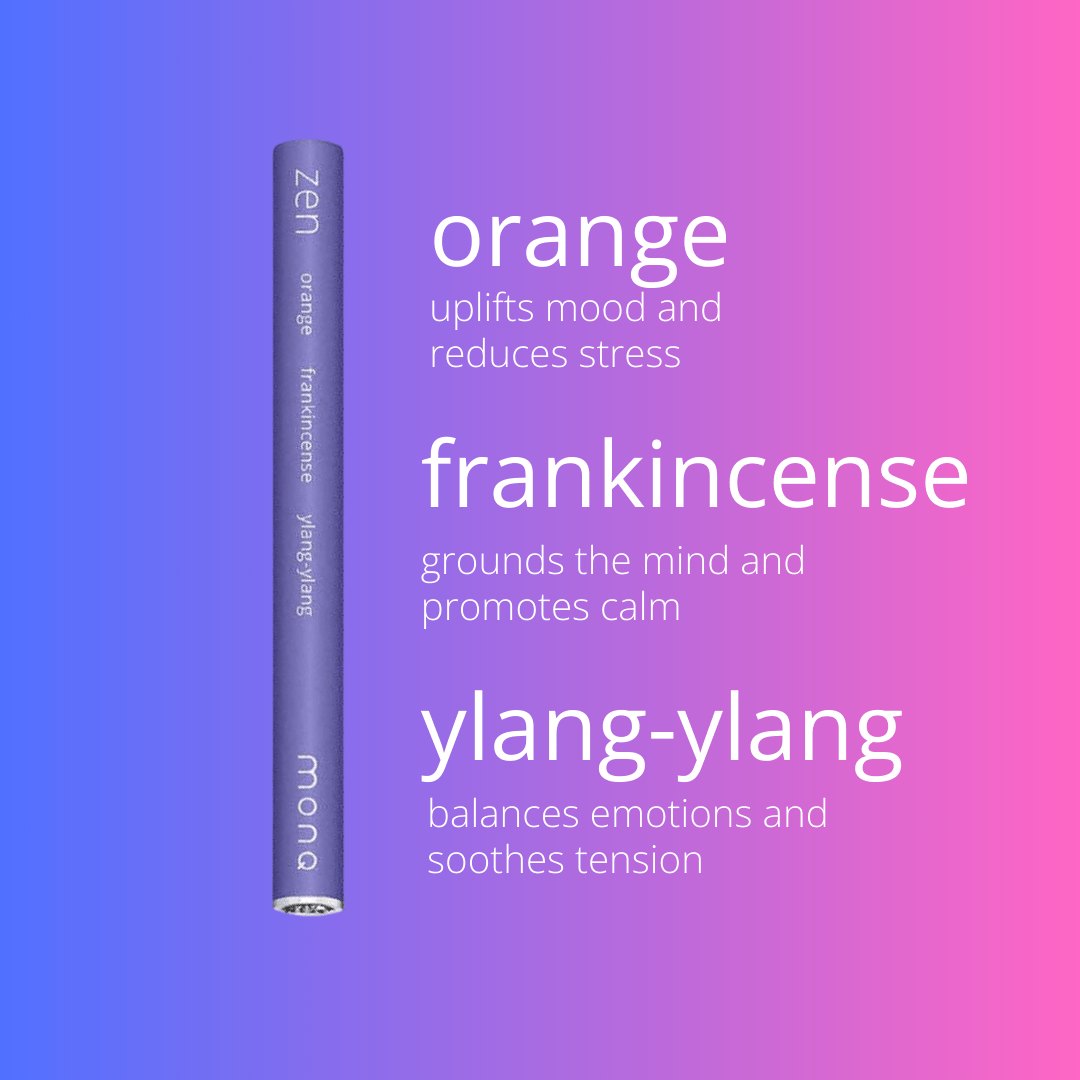
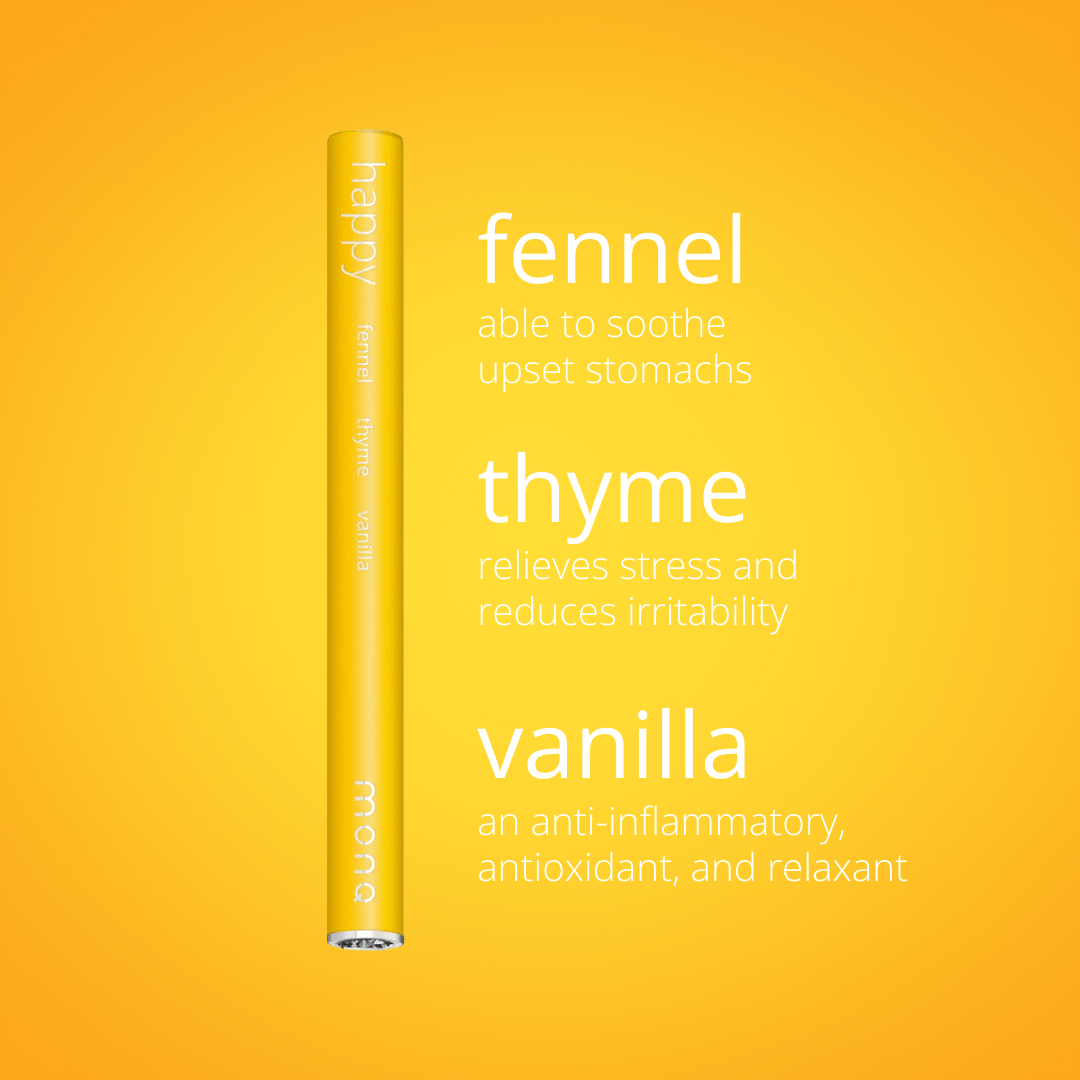
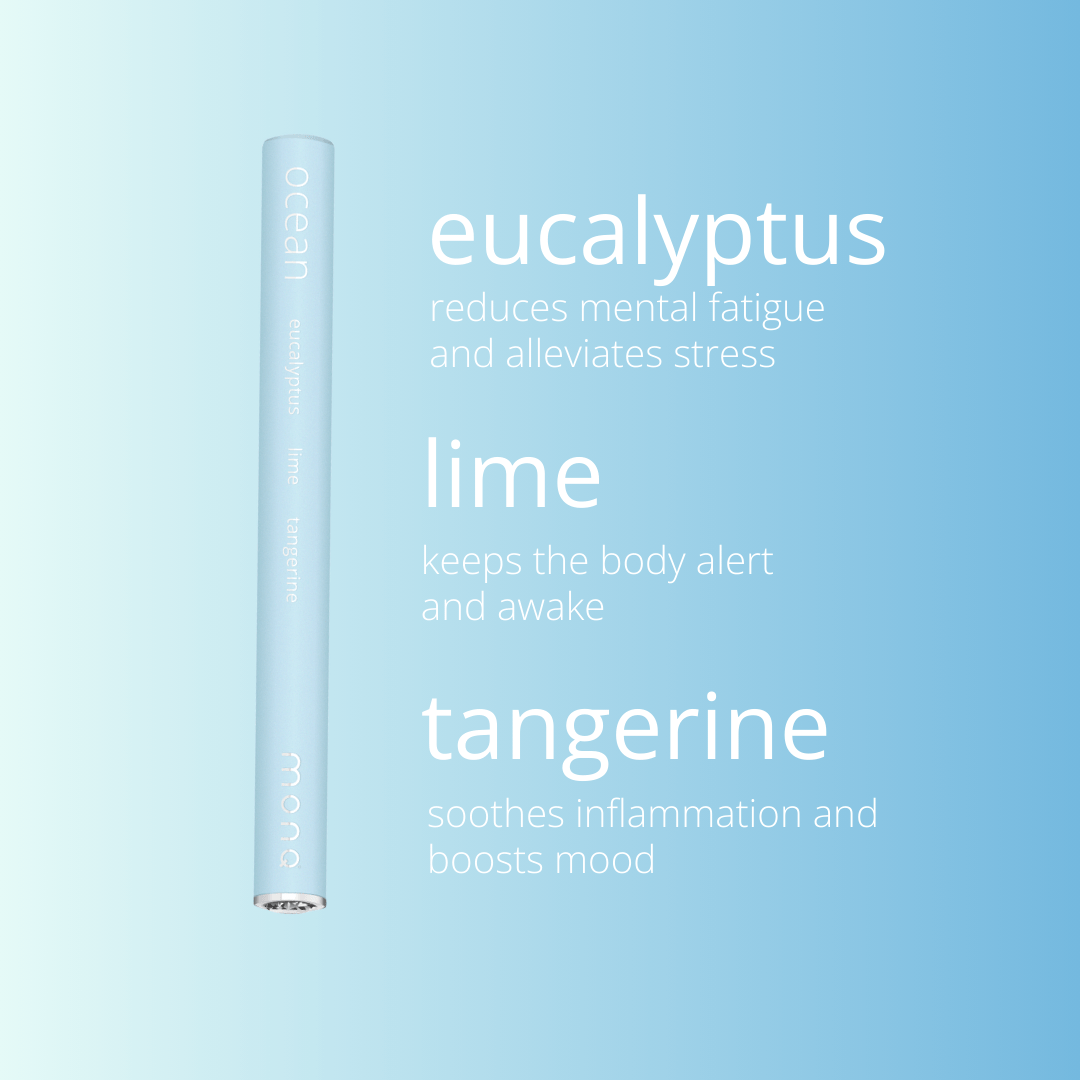
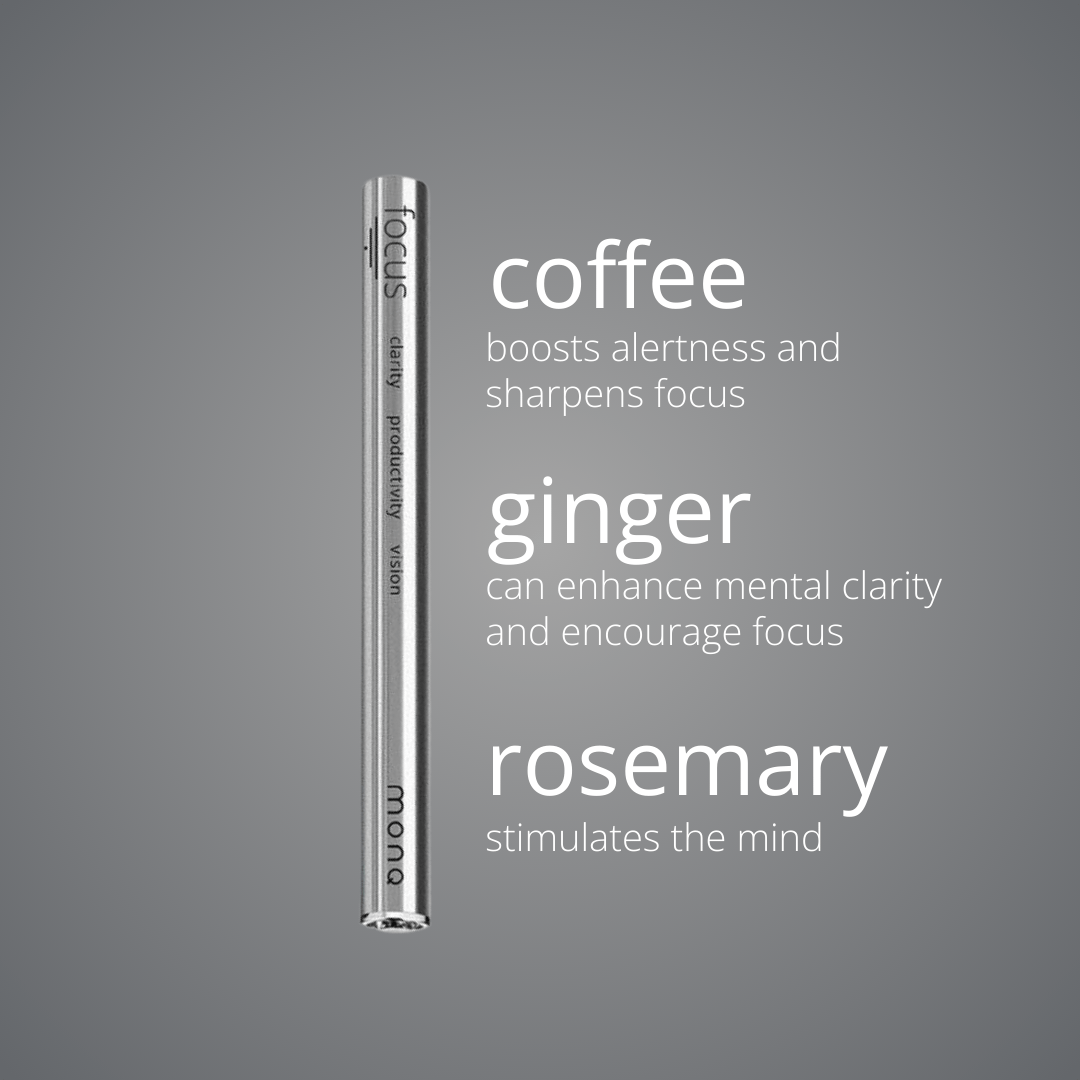
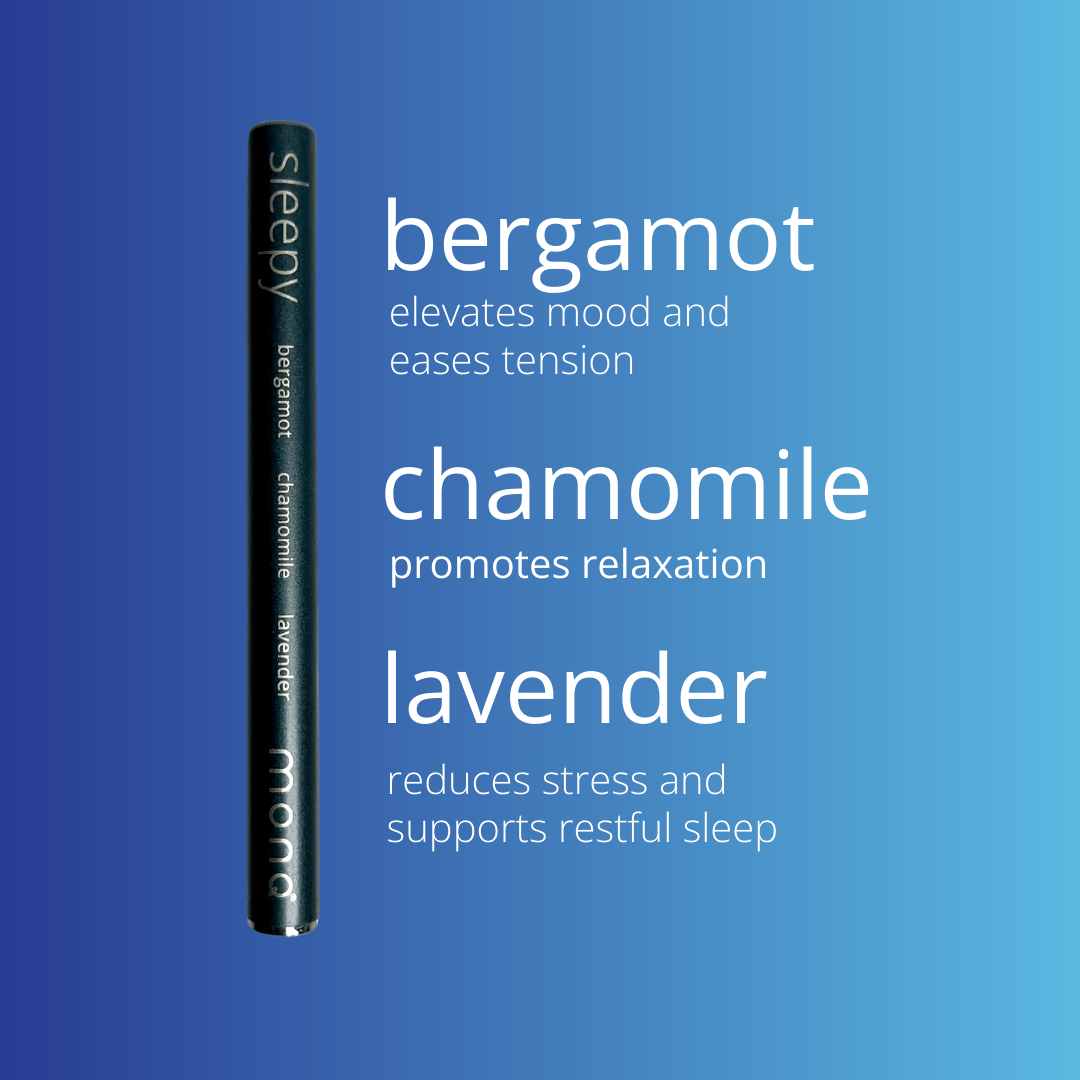

Leave a comment